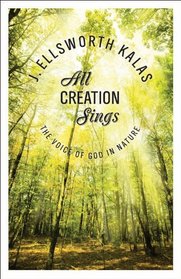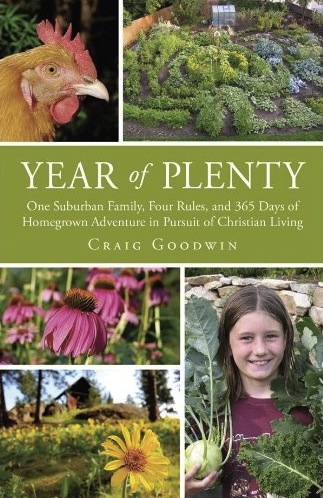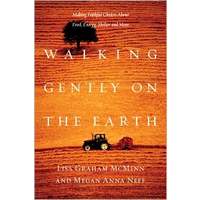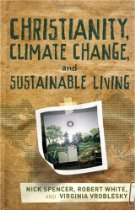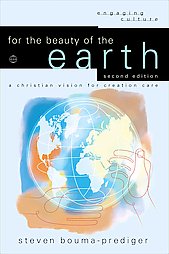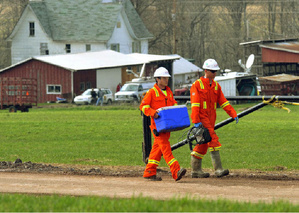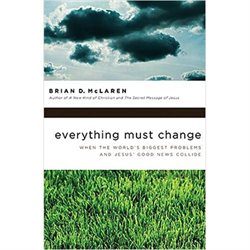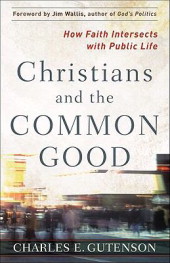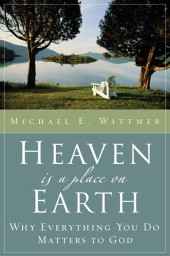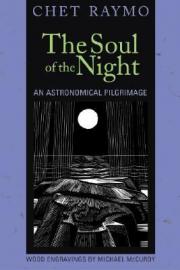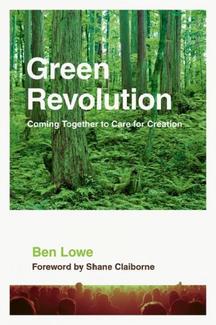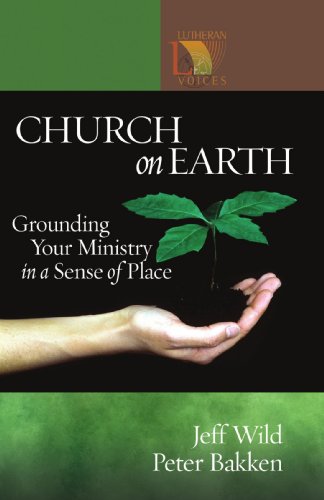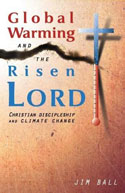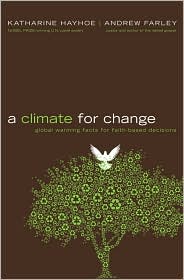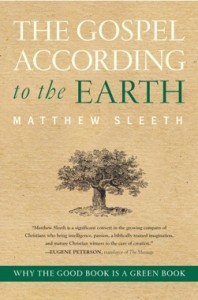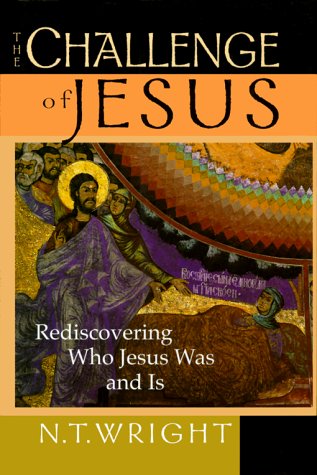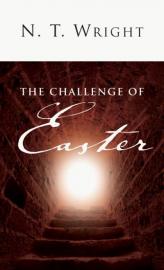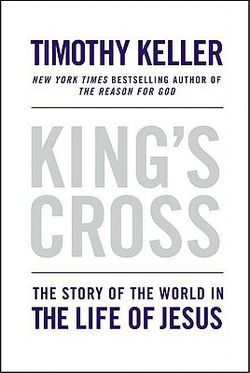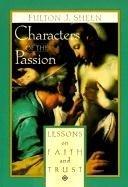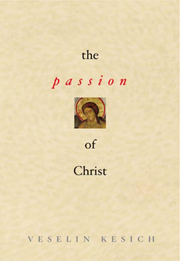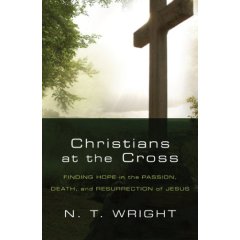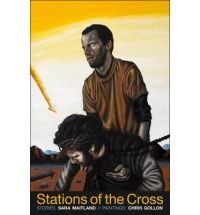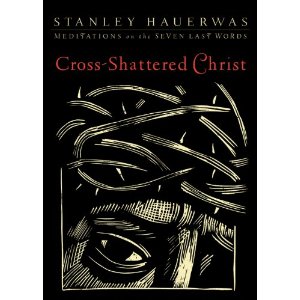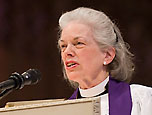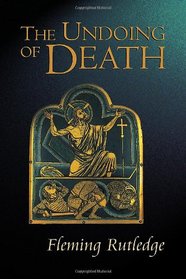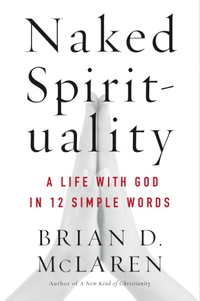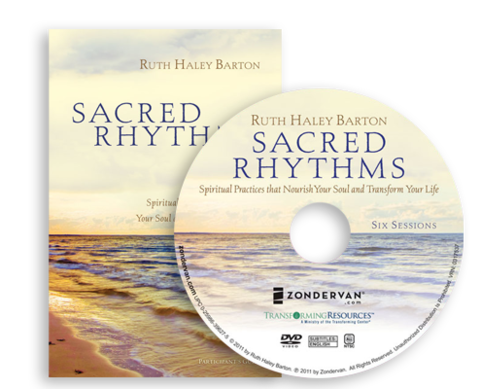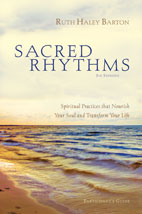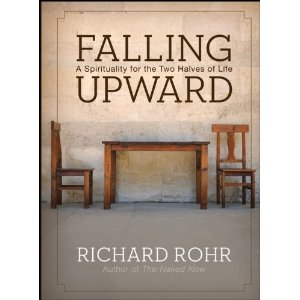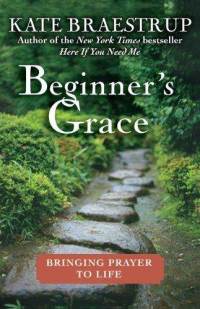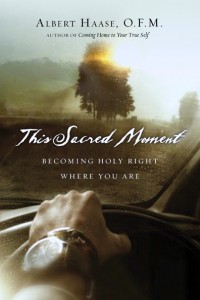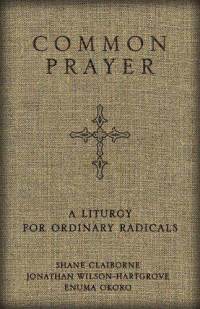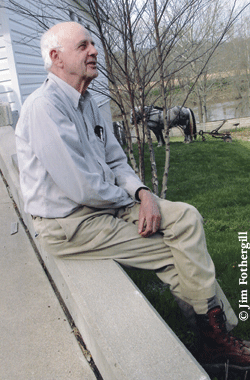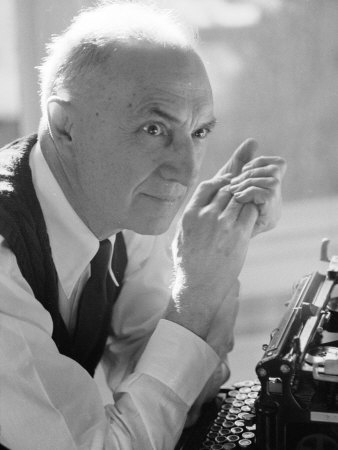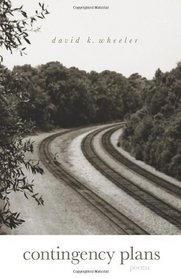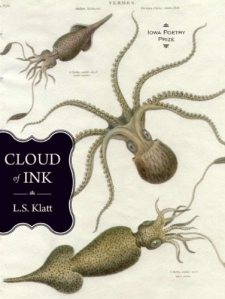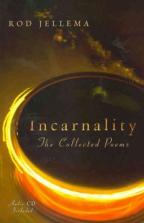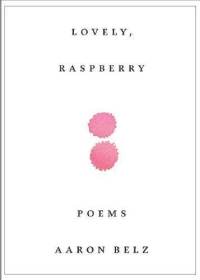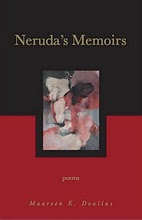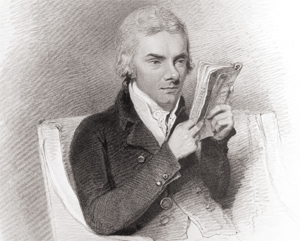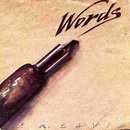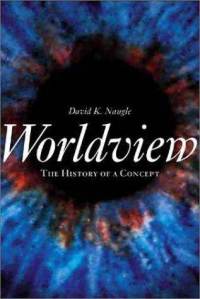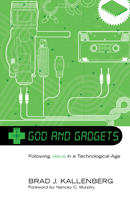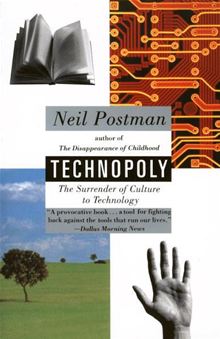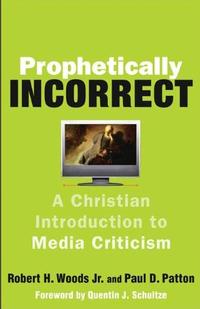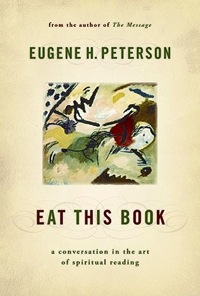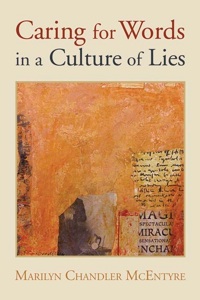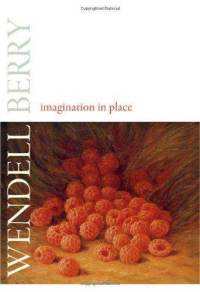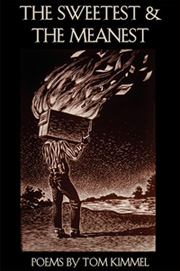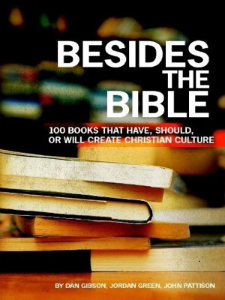With the Time magazine cover last week, and a much-discussed radio discussion with 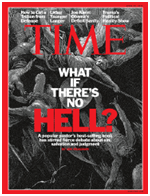 British author Adrian Warnock (whose profound book on the resurrection, published by Crossway, Raised With Christ, I’ve mentioned before as an excellent, mature, rewarding study) Rob Bell seems to still be in the news. What’s that old saw about Mark Twain—he said that reports of his death have been exaggerated . So too, the pronouncement that the Love Wins Bellapolooza contretemps are blowing over. The book remains a big seller nation-wide, and regardless of what you think about that, it illustrates, I think, that folks are asking tough questions about traditional doctrine, and are eager to read about serious stuff, if it isn’t too tedious. Bell is a communicator that appeals to many (myself included) and his outreach is notable. So here is one more bit about it. Yep, a new book in response. Hold on a minute, though. Gotta set it up in BookNotes fashion; we want you to understand the context of it, and of our selling it. Fair enough?
British author Adrian Warnock (whose profound book on the resurrection, published by Crossway, Raised With Christ, I’ve mentioned before as an excellent, mature, rewarding study) Rob Bell seems to still be in the news. What’s that old saw about Mark Twain—he said that reports of his death have been exaggerated . So too, the pronouncement that the Love Wins Bellapolooza contretemps are blowing over. The book remains a big seller nation-wide, and regardless of what you think about that, it illustrates, I think, that folks are asking tough questions about traditional doctrine, and are eager to read about serious stuff, if it isn’t too tedious. Bell is a communicator that appeals to many (myself included) and his outreach is notable. So here is one more bit about it. Yep, a new book in response. Hold on a minute, though. Gotta set it up in BookNotes fashion; we want you to understand the context of it, and of our selling it. Fair enough?
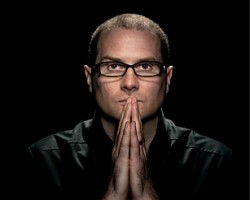 Rob is usually a good communicator, and the book has presented something fairly unremarkable for many congregations in a way that has really caught on. Mainline denominational advocates who have an approach or posture (what some call liberal or progressive) that is in some ways similar to Bell’s should take a lesson; there is something about his style and candor and aesthetic that is attractive to younger Christians, especially. Some think Bell is disingenuous in identifying himself as an evangelical but there is no doubt that he is a passionate follower of Jesus and wants to help others find a life of restoration and meaning by losing themselves in Christ’s grace, finding themselves in His Kingdom. He sure isn’t boring. And he is significantly attempting to be well grounded in the Biblical story. Frankly, even though he is denounced as a heretic in many quarters—Franklin Graham said on national TV that Bell is a heretic—I’d rather folks read him than, say, the new Marcus Borg (Speaking Christian: Why Christian Words Have Lost Their Meaning and Their Power) who really does say out loud all the stuff that people fear Bell believes, and it isn’t that interesting, either.
Rob is usually a good communicator, and the book has presented something fairly unremarkable for many congregations in a way that has really caught on. Mainline denominational advocates who have an approach or posture (what some call liberal or progressive) that is in some ways similar to Bell’s should take a lesson; there is something about his style and candor and aesthetic that is attractive to younger Christians, especially. Some think Bell is disingenuous in identifying himself as an evangelical but there is no doubt that he is a passionate follower of Jesus and wants to help others find a life of restoration and meaning by losing themselves in Christ’s grace, finding themselves in His Kingdom. He sure isn’t boring. And he is significantly attempting to be well grounded in the Biblical story. Frankly, even though he is denounced as a heretic in many quarters—Franklin Graham said on national TV that Bell is a heretic—I’d rather folks read him than, say, the new Marcus Borg (Speaking Christian: Why Christian Words Have Lost Their Meaning and Their Power) who really does say out loud all the stuff that people fear Bell believes, and it isn’t that interesting, either.
There is much to affirm in Bell’s neo-evangelical view, and his pastoral passion for Christ and the announcement of the Kingdom, especially when compared to those who really are heterodox and really often quite boring and condescending. Sometimes when customers and friends say that Bell is theologically out there, really liberal, not at all committed to historic Biblical faith, I realize they maybe have never really met anybody who really is all that. Again, a favorite Mark Twain story: he was once asked if he believed in infant baptism. “Believe in it?” he shrieked, “Hell, I’ve seen it.” Yes, friends, I’ve seen all manner of Christians and you have too. There are mainline liberals and ethnically Orthodox and mainline Protestants who are orthodox and there are Pentecostals and Quakers and progressives and emergents. There are mainline charismatics and all manner of Catholics. I know a few Pentecostal Anglicans and I know a few gay evangelicals. Etc. There are a wide variety of convictions within the church universal and we can’t too easily just rule out those who disagree with our understanding of doctrine. The church of Christ is made up of a lot of odd birds and I’m one of them! If you appreciate our work at Hearts & Minds, maybe you are too. But at least we aren’t as unsound as those others over there. Ha. We can resolve this tension by saying that some with less than sound beliefs aren’t in the fold, but that is usually uncalled for, and just stupid in my view. You may not like your family, but in Christ, we are one, so you’re stuck with the whole dysfunctional family of faith.
I am confident that good and mature and thoughtful Biblical doctrine is very important and I am also sure that the Bible does not condone us making stuff up as we go along. Borg’s new book is frustrating me on this very matter; with the arrogance that sometimes comes from white males of a certain age in the academy, he dismisses others of more traditional faith as “unenlightened” and seems to caricature orthodoxy as little more than unthinking fundamentalism. Sigh. Still, even though we must contend for the faith once given, the Bible also does not authorize us to make our humanly construed formulations and systems and articulations into an idol. This is as much of a problem with the highly orthodox as the exceptionally fluid.
In my long-winded BookNotes Love Wins essays I noted that some people nearly have an ideology of theology-ism. Like any other “ism” (nationalism, racism, Marxism, capitalism, Darwinism ad nauseam) it takes a legitimate bit of insight and turns it into The Single Thing That Matters and that (limited) construal of truth becomes The Truth. It is the mark of an idol. One old mentor of mine used to say that in Christ, all “isms” become “wasms”–Christ has defeated the powers, you know, and will deconstruct every idolatrous system. So, too, we can (with shades of Romans 1:22-23) elevate any thing or idea—science, say, or your particular theological system–and in so doing, we turned it into an idol. Some say we “absolutize” things when we turn them to idols. It is a ten-dollar word, but I like it. We must not make absolute any thing. Not even an idea, a theology or an opinion about God. Only God is absolute.
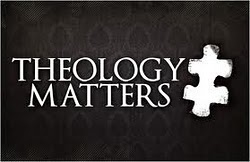 Again, don’t misunderstand. I do think that theology matters, that doctrine is important to get as right as we can. But I also think that needs to be kept in perspective. God cares as much about how I vote and shop and tell jokes and pray and eat and love my children as much as God cares about how I parse the questions of double predestination or understand the history of atonement theories; every area of life matters in God’s Kingdom, and our doctrinal/theological statements are not privileged as all that really matters. God wants us to think deeply about our ideas about any and everything, not just our ideas about doctrine. Sometimes it seems like some theological writer’s give the discipline a bad reputation, arguing amongst themselves as if their ideas are soooooo important. Christ asks us what we think of the poor, how we love our enemies, and what he think of pride or lust as often as he asks us what we think of the doctrine of hell. “Who do you say that I am?” (Mark 8:29) seems an utterly core question, but few matters are as foundational as that. So I am not saying that our theology doesn’t matter, I am only suggesting that other things matter too, and that all of it is to be kept in perspective. Good doctrine alone isn’t enough and proper articul
Again, don’t misunderstand. I do think that theology matters, that doctrine is important to get as right as we can. But I also think that needs to be kept in perspective. God cares as much about how I vote and shop and tell jokes and pray and eat and love my children as much as God cares about how I parse the questions of double predestination or understand the history of atonement theories; every area of life matters in God’s Kingdom, and our doctrinal/theological statements are not privileged as all that really matters. God wants us to think deeply about our ideas about any and everything, not just our ideas about doctrine. Sometimes it seems like some theological writer’s give the discipline a bad reputation, arguing amongst themselves as if their ideas are soooooo important. Christ asks us what we think of the poor, how we love our enemies, and what he think of pride or lust as often as he asks us what we think of the doctrine of hell. “Who do you say that I am?” (Mark 8:29) seems an utterly core question, but few matters are as foundational as that. So I am not saying that our theology doesn’t matter, I am only suggesting that other things matter too, and that all of it is to be kept in perspective. Good doctrine alone isn’t enough and proper articul
ation of orthodoxy can mask a terminal condition of the heart. Anyway, in all things we “see through a glass darkly” and we should be humble even as we push for greater faithfulness in our convictions and discipleship.
So, what we think about things, theological and otherwise, really matters, but maybe not quite as much as some think. We should not be ideologues, politically or theologically. How sadly ironic that some use theological insight as a weapon to demean or damage others. And we are called to hold our views with some degree of charity; we should think the best of others, even when doing any rebuking or correcting, may it always with love, building up the Body.
Which brings me to this announcement that—I hope you understand—I am sincerely happy to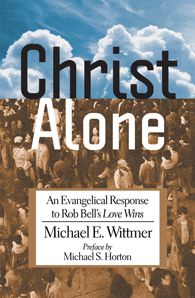 make, even if it makes me a tad nervous. We now have the first book that is a reply to Rob Bell’s Love Wins and it is called Christ Alone: An Evangelical Response to Rob Bell’s Love Wins (edenridge press; $12.00; 159pp.) Christ Alone is written with an admirable amount of clarity and a bit of charity, too. It is fair-minded, affirms some of Bell’s ministry and offers some positive accolades for parts of Love Wins. The author, Michael Wittmer, is a seminary professor and is an acquaintance of Rob’s from Grand Rapids, so he is well situated to write this. He’s not a fan, but he’s not a hater, either. He and Rob have met several times, have spent some time together, and, in fact, have talked about this very stuff. So while I don’t give it a full five stars for fairness and kindness—more on that in a moment—it certainly is a lot more even-keeled than most of the name-callers or those who suggest the book will lead you to hell. Thank goodness for Wittmer’s humor, too, even as he holds forth with classic, orthodox doctrine, and refutes many of Bells comments, page by page by page. Can somebody really do this strong critique and keep it kind? I think so. (Warnock, in the above hour-long radio show does that as well, as does the host of the show. They express great qualms about Bell’s view of hell, but are never unpleasant about it.)
make, even if it makes me a tad nervous. We now have the first book that is a reply to Rob Bell’s Love Wins and it is called Christ Alone: An Evangelical Response to Rob Bell’s Love Wins (edenridge press; $12.00; 159pp.) Christ Alone is written with an admirable amount of clarity and a bit of charity, too. It is fair-minded, affirms some of Bell’s ministry and offers some positive accolades for parts of Love Wins. The author, Michael Wittmer, is a seminary professor and is an acquaintance of Rob’s from Grand Rapids, so he is well situated to write this. He’s not a fan, but he’s not a hater, either. He and Rob have met several times, have spent some time together, and, in fact, have talked about this very stuff. So while I don’t give it a full five stars for fairness and kindness—more on that in a moment—it certainly is a lot more even-keeled than most of the name-callers or those who suggest the book will lead you to hell. Thank goodness for Wittmer’s humor, too, even as he holds forth with classic, orthodox doctrine, and refutes many of Bells comments, page by page by page. Can somebody really do this strong critique and keep it kind? I think so. (Warnock, in the above hour-long radio show does that as well, as does the host of the show. They express great qualms about Bell’s view of hell, but are never unpleasant about it.)
I say that I hope you understand that I am happy to promote this. As I hope I’ve made plain, I do think that theological discourse is helpful. I’ve recommended in my past posts about Love Wins other books that are similar, or that hold to more traditional views. A few are those ‘point-counterpoint’ type, too, that show a range of opinion. We have been an ecumenical bookstore since our opening day, as we attempt to serve the full Body of Christ. Admitting we are of different minds on many things is important. I started off my first Rob Bell book with a nod to books like John Armstrong’s 2010 Zondervan book Your Church is Too Small which invites (inspired by J.I. Packer) a broader view of the wide Body that makes up Christ’s church.
If it happens in grace and kindness, robust debate can help us all learn. Beth and I didn’t get into this bookselling biz to sell Harlequin romances or the latest celebrity gossip books or even the religious best sellers. We think that reading widely is a healthy thing and a vital step to increased ecumenicity. It may take us out of our comfort zone a bit, but that is okay. Let’s hang in there with each other, and not take offense so quickly. Even as we push on towards the truth. I’m glad for Rob Bell and his important work. I enjoyed Love Wins both times I read it, and still recommend the Noomas and his other work. And, now, though, also, I really recommend Wittmer’s Christ Alone. It is a slightly more polemical book than Bell’s is, in part because it takes it’s own views seriously. He makes his case, uses analogies and teaching stories, and explains the different camps nicely, probing behind what may influence guys like Bell to construe things they way they do. He isn’t just denouncing and he isn’t just opining. This is teacherly, pastoral, and smart. And sometimes made me laugh right out loud.
Christ Alone is by the author of two previous books that I adore. Serendipitously, I mentioned one of them in my first installment of my five-part Bell commentary last month, when I suggested that maybe reading a basic book about why theology matters would be a good thing. Wittmer gets that exactly right in the one I suggested, his stellar book Don’t Stop 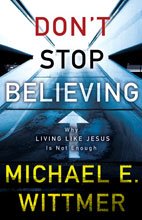 Believing which is largely a challenge to missional and emergent types to not reduce Christian living to deeds, without creeds, as it were. Belief, and the content of our belief, even systematized to some extent, is a vital and essential aspect of our faithful discipleship. So I’m with him there. His first book is another I often find myself recommending; it is a reader-friendly and lovely work on a Christian worldview, Heaven Is a Place on Earth,
Believing which is largely a challenge to missional and emergent types to not reduce Christian living to deeds, without creeds, as it were. Belief, and the content of our belief, even systematized to some extent, is a vital and essential aspect of our faithful discipleship. So I’m with him there. His first book is another I often find myself recommending; it is a reader-friendly and lovely work on a Christian worldview, Heaven Is a Place on Earth,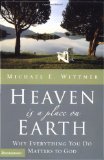 Wittmer where he helpfully shows why “everything you do matters to God.” He walks readers through the Biblical story, from good creation to deforming fall to wholistic and multi-faceted redemption. In this regard, he is close to Bell, who rejects a sacred-secular dualism and calls us into something like a realized eschatology. It came as no surprise when Michael said that the “Here is the New There” chapter in Love Wins was his favorite. I suggested in my reviews that one cannot understand Bell’s approach to heaven and hell without getting his appreciation of new creation doctrines. He obviously reads Brueggemann and Moltmann, Tom Wright and Brian Walsh. Wittmer and Bell put this a bit differently—and in Christ Alone Michael nuances Bell’s view of the incoming reign of God in a solid and helpful way, I think—but they do share much. Which is why Wittmer is a good guy to reply to the weaknesses of Love Wins.
Wittmer where he helpfully shows why “everything you do matters to God.” He walks readers through the Biblical story, from good creation to deforming fall to wholistic and multi-faceted redemption. In this regard, he is close to Bell, who rejects a sacred-secular dualism and calls us into something like a realized eschatology. It came as no surprise when Michael said that the “Here is the New There” chapter in Love Wins was his favorite. I suggested in my reviews that one cannot understand Bell’s approach to heaven and hell without getting his appreciation of new creation doctrines. He obviously reads Brueggemann and Moltmann, Tom Wright and Brian Walsh. Wittmer and Bell put this a bit differently—and in Christ Alone Michael nuances Bell’s view of the incoming reign of God in a solid and helpful way, I think—but they do share much. Which is why Wittmer is a good guy to reply to the weaknesses of Love Wins.
The forward is written by Michael Horton, a Seriously Reformed scholar and a truly brilliant thinker whose books have been on mainline scholarly houses like Westminster/John Knox as well as more typically evangelical houses. He has published more substantial books that many of us read in a lifetime. Horton teaches apologetics and theology at the conservative Westminster West where he holds the J. Gresham Machen chair. Machen was a liberal Democrat and conservative Calvinist who got thrown out of Princeton Seminary and what we now the Presbyterian Church (USA) for his astute commitments to orthodoxy in the mid-twentieth century. His book Christianity and Liberalism (Eerdmans; $15.00) is still a classic of sociological and theological critique exploring what is wrong with mainline Protestantism. Horton is well-schooled in discerning the trajectory of ideas, the consequences of “new” thinking, the need for weighty consideration of orthodoxy and sound thinking, grounded in a classic high regard for the authority of Scripture. What a braini
ac! That he wrote the forward for this popular-level book is interesting, and you can read it here. You can see that Horton thinks Christ Alone: An Evangelical Response… is fair and insightful and actually very important to read. As he puts it,
Rob Bell gave us a wake-up call and Michael Wittmer has answered it…Offering more light than heat, Christ Alone appreciates the attractiveness of Bell’s questions and conclusions..Avoiding caricature and personal attack, he carefully evaluates Bell’s interpretations of Scripture. It’s not a careless diatribe against a book, but filled with pastoral wisdom for perennial questions.
 I have read through all of this new book and I can say I truly benefited from it. Most of it I think is pretty standard fare, so if you know orthodox views on standard theology, you will not be surprised. Except you will be delighted, perhaps, by his zingers, his one-line take-home sentences, his powerful insistence that the Biblical vision is clear and non-negotiable and his clear way of making complicated stuff pretty clear and enjoyable. He makes a lot of sense, so I think it would be useful to have, even if you are well-schooled in this stuff. We all need a brush-up on the basics and this is like sitting down for coffee with a really smart professor who is very willing to tutor you. It is fun being reminded of solid doctrine and it is edifying to hear good Bible teaching.
I have read through all of this new book and I can say I truly benefited from it. Most of it I think is pretty standard fare, so if you know orthodox views on standard theology, you will not be surprised. Except you will be delighted, perhaps, by his zingers, his one-line take-home sentences, his powerful insistence that the Biblical vision is clear and non-negotiable and his clear way of making complicated stuff pretty clear and enjoyable. He makes a lot of sense, so I think it would be useful to have, even if you are well-schooled in this stuff. We all need a brush-up on the basics and this is like sitting down for coffee with a really smart professor who is very willing to tutor you. It is fun being reminded of solid doctrine and it is edifying to hear good Bible teaching.
Most readers, though, are not terribly well schooled, so this is not just fun and edifying, it is urgent. Reading this thin volume is a great, great way to be brought up to speed on standard, evangelical doctrine. His chapters are as clear as his topics, each a reply to a chapter in Bell’s book: Revelation, Heaven, Hell, Universalism, Sin, Cross and Resurrection, Jesus, God, Gospel. Oh yes, and that first one, the one in which he joins Rob very nicely: Mystery. Good stuff.
I often say (sorry if you’ve heard it before) that there was an old modern-art school adage that painters had to “know the rules before you break them.” Great abstract artists rarely start just messing around; they study the forms, they do the nudes, they know the tradition, they master the skills. Then they take off, sometimes experimenting and sometimes weirdly, but those that contribute and last know what they are doing. I think in many ways this is a fantastic truth for any newfangled theologian. This is not to say that some old rules may not need breaking. There is so much surprising stuff in the Bible about new ways, new songs, new practices—you heard it said, the Master taught, but now I say to you… So, sure, some things get turned upside down when the Kingdom comes. I get that. The Pharisees and their legalistic self-righteousness were those most often in the path of Jesus’ harshest words. The Christian faith is not essentially conservative. The best evangelicals, like John Stott, have reminded us of that.
Still, not all rules should be broken, and the tradition that has been handed down dare not be dismissed easily or wantonly. So, at the very least, if you are an up-and-coming young theologian, ready to emerge, with upside-down-new-creation-breaking-in-hopes, well, please know what the heck you are doing. The church is in such disarray that we don’t need more noise, more odd-ball theories, more shallow sermonizing. Not all ruckuses are worthwhile (though some may be.) Even if the Bell book “feels” right to you, don’t be led by your own emotions, which may or may not be wise and appropriate. At least know the rules well before you set out to discard them.
And so, we need to read a whole lot more than Christ Alone. (I mentioned John Stott. His book The Incomparable Christ and The Cross of Christ are two musts for anyone who wants truly excellent, readable, reliable, and fresh theological reading. Both are published by InterVarsity Press and are modern-day classics!) But Wittmer’s Christ Alone is a very good start. It has moments that made me truly happy to be learning stuff, people from church history, conversations about these exact things made by the edgy and passionate of their own day. What a nice way to learn. And because it is dialogue with Bell, in response to this mega-seller, it is a pretty painless way to dip your toes into the deeper waters of solid theological thinking. I hope lots of people get it, pass it around, read it alongside of Love Wins. It is conversational and not difficult. He is not nasty, not at all. See what you think. If you don’t want to shell out (even at our BookNotes 20% off discount) you can read some excerpts here.
For what it is worth, with a grain of salt, I’ll offer a bit of criticism, knowing that it would be best to say this directly to Mike, and to get his own response. I feel like I just shouldn’t happily recommend it, but should (as I did repeatedly with Love Wins) offer a bit of feedback. Despite my sincere appreciation for Mr. Wittmer, and despite his pleasant disposition, not to mention the really fun-loving team behind edenridge press, I think this book–despite its best intentions to not be snarky or unfair–seems, still, just a bit more harsh than it needs to be. It isn’t ever mean, but it isn’t first date polite, either.
Five examples.
1. The title. I think it implies that Bell would not agree; that is, that Bell thinks that salvation might happen through the ministrations of other saviors, that there are “many roads up the mountain.” That is unfair, and muddies the waters. Why start off on the wrong foot, with this lame insinuation? Bell would agree that salvation is through Christ alone.
2. Early on, Wittmer takes Bell to task for picking obscure verses in one of his first chapters. Bell notes that they seem to contradict standard evangelical dogmas—like the Pauline passage that says women are saved by bearing children. Wittmer wonders why in the world Bell would pick such an odd verse to make his point, but it seems clear to me that that is his point. There are a lot of wacky verses in the Bible that we must evaluate what they mean. In this case, one thing is clear: it doesn’t mean what it says. Wittmer agrees that it doesn’t mean that, but picks a fight with Rob on this, seeming to miss the whole methodology of those very pages he is accessing. Bell is knowingly choosing a bunch of verses that just don’t easily line up. Admit it and move on.3. Wittmer seems to stoop, or so it seemed to me, to occasional nit-picking. Do nits really need picking? For instance, he faults Bell for suggesting that it could be reasonably wondered what Jesus meant when he honored the faith of the friends of the paralyzed man who is lowered through a roof. How does the faith of one’s friends get you saved? Wittmer oddly claims that the man apparently didn’t resist so must have cooperated, so it was also his faith that Jesus was complimenting. But, Mike, the dude was paralyzed! Again, Bell is moslty correct, here: there are Bible stories where the narratives push us to an amazing grace than cannot be nailed down or squeezed into an evangelical plan of salvation. So why pick on Bell for not getting the story quite right, when your alternative take i
s even more speculative? Just admit he’s got a point—some Bible stories don’t tell the whole Story—and let it go. You sound picayune when you criticize a guy over something which is a tad unclear and then offer a rather silly alternative.
4. Extrapolating. Wittmer makes a convincing case, as do others, that Bell often over-reaches, reading into Biblical passages some implications that just may not be there. He extrapolates way too much–sometimes an idea “preaches well” but upon closer reflection, it is problematic. For instance, in the section of Love Wins when Bell says that Jesus can be found anywhere, even in rocks and such, because Paul (in 1 Corinthians 10:4) said Christ was the rock that Moses struck in Exodus to get water. Yet, Wittmer then extrapolates a bit too much, saying that, because Rob claims that the cross shows us that “we are not alone” that he has a fully inadequate view of what the cross accomplishes. If Rob reads too much into some passages (and I think it is pretty evident that he does) it may be that Wittmer reads a bit too much into many of Rob’s statements. To say, in this example, as Bell does, that the cross teaches us that “we are not alone” is true enough—does that necessarily mean that Bell conflates God’s sustaining us and God’s redeeming us? Wittmer makes a very serious claim, consistently throughout Christ Alone, that the existentialism of Bell yields a wrong view of the human condition, a bad view of Christ, a less than adequate view of the cross, and a weak view of redemption; he is careful, but not particularly generous. He builds a mighty case, but too often it seems to me to be drawn on the “worst case” reading of every passage, picking his statements apart for what is wrong, rather than cutting him slack. He reads a theologically muddy or liberal view into many of Rob’s claims even when that isn’t necessary that they be understood that way. I am not sure if a “hermeneutics of suspicion” isn’t sometimes warranted, but in this case, Wittmer over-reaches at times to make Bell consistently perplexing. He isn’t mean about it but he rarely gives Bell the benefit of the doubt. It would have been a more helpful critique if he had.5. Wittmer, in a big ending that I had to ponder (one mark of a good book, eh?) says that, finally, Bell’s version of the gospel is bland. You’ll have to buy the book to get that whole, dramatic section—it reminded me of the excellent and powerful call to epic living in the book and DVD Epic by John Eldridge (another author I have very, very mixed feelings about) expressing the nature of a good story, and showing that the gospel is that kind of grand story. (I love Eldridge’s live DVD on that stuff!) Wittmer reduces Bell’s nuanced Christo-centric hope for “all things” being reconciled in the final healing of the cosmos to “limitless happy endings” and wonders how such boring news can ever invite us to a rich and compelling life. He nearly insults Bell here, I’d suggest, as if Bell is knowingly offering some middle-of-the-road cliches that cannot draw forth great sacrifice or noble living. But of course this is untrue: Bell’s book is full of stories of pathos; he tells of being the kind of pastor who helps parishioners recover from rape by fundamentalist fathers, who calls people to serve the poor and sick, who organizes art shows that invite grand life-changing responses for God’s glory, who call sinners to repent. Wittmer knows that Bell’s church invites people to a faith journey that is profound and serious and missional. There is room for growth and doubt and renewed commitment there, they are serious about studying the Bible and entering grace-filled conversations and many folks have grown in what can only be called vibrant and robust discipleship. The jab would make more sense if the fruit of Mars Hill’s ministry was as boring as Wittmer says Bell’s gospel is.
So I’ve got these mild caveats. The book, as I’ve said, is really worth reading. Like the (more academic) back and forth books between John Piper and N.T. Wright on justification—I read them both and recommended them both—you can learn a lot by following a debate of this sort. You can listen in on the conversation. And I guess that is what this book is, at its best– a somewhat strained family reunion conversation. One of the family members is out doing some dang fool stuff and Uncle Joe lets him have it. He says it is for his own good, and some of us watching, well, we hope it works, but wish he was a little nicer. But maybe the kid had it coming.
I would say that Mike accomplished quite a feat, sharing these profound and urgent concerns about Rob’s book, and the understandable—and I think, legitimate—fear that he is leading people away from the authority of the Bible, or construing it in a way that isn’t fully consistent and tenable. This is something worth talking about. Can you blame him for sounding the alarm? Alarms usually don’t work well if they aren’t loud enough and even though Mike says he wants to give Rob his due, and still respects him, it is evident by the end of this short study that the perceived failings of Love Wins is no small matter; he ends up sounding pretty dire. Mike is speaking for many by insisting that Love Wins is a deeply flawed book. He tells you why. If you don’t mind the alarm gong, you will certainly learn something, and maybe want to shout back.
It’s a strained family fight, y’all. We can shout, but do it in love. Michael Wittmer shows us, imperfectly, how to proceed. Let’s keep it going. What do you think? Do you have folks in your circles that care? Why not start a duel (or dueling) book club? Do twin book reports, stage your own debate. Have fun. Play nice. Learn something.
SPECIAL
DISCOUNT
– any book mentioned –
20% off
order here
takes you to the secure Hearts & Minds order form page
inquire here
if you have questions or need more information
Hearts & Minds 234 East Main Street Dallastown, PA 17313 717-246-3333

